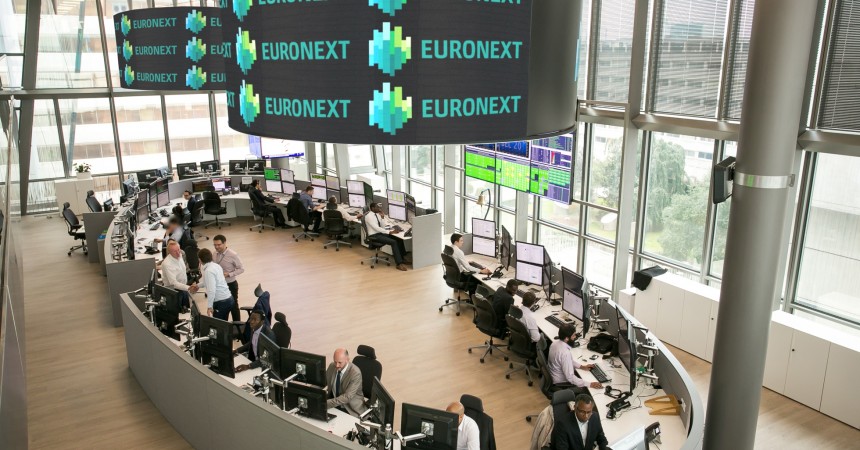Euronext is considering shifting all exchange-traded products (ETPs) listed on its seven European exchanges to Amsterdam in a bid to tackle the fragmentation of its ETP listings.
Another option under discussion is allowing issuers to select one exchange for all their listings, according to a report from Bloomberg.
Talks about a potential unification of Euronext's ETF trading are still ongoing but a solution could be in effect by the third quarter of 2025.
If Amsterdam is selected as a single venue, Euronext would investigate ways for traders not currently connected to the exchange to gain access, according to the sources.
Euronext declined to comment on the reports but a group spokesperson said: "We are committed to addressing fragmentation in the European ETF market to unlock its full growth potential. As part of our 2027 roadmap, we plan to introduce a consolidated European listing, trading, and post-trade solution for ETFs."
Euronext venues encapsulate the fragmentation of Europe’s ETF industry with more than 3,300 ETPs from almost 50 issuers listed across its seven venues which include Amsterdam, Brussels, Dublin, Lisbon, Milan, Oslo and Paris.
Fragmentation is a familiar issue for participants in Europe’s ETF market. With products listed on 29 separate exchanges as well as multiple other venues, visible liquidity is spread thinly which adds to costs for investors and issuers alike.
However, Europe's capital markets will soon follow the US in introducing a consolidated tape for equities and ETFs, with the provider to be selected by the end of 2025.
Commenting on exchange consolidation, an industry expert who wanted to remain anonymous said: “Consolidating its ETF trading onto one exchange is logical for Euronext. Its platform is split across multiple jurisdictions and it faces stiff competition from Deutsche Boerse and the London Stock Exchange (LSE).
“The move should improve ETF liquidity on its exchanges and produce lower trading costs for the end investor,” they added.
Bo Bjurgert, co-founder of ETPLink, agreed that bringing all ETF trading onto one Euronext exchange should lead to deeper liquidity and tighter spreads.
“Market makers would also be exposed to fewer operational risks since they don’t have to provide price quotes for ETFs across multiple venues where they could potentially end up taking on larger than intended positions,” he explained.
The development comes at an interesting moment for Euronext Amsterdam after recent academic research hinted at collusion between market makers operating on the exchange.





